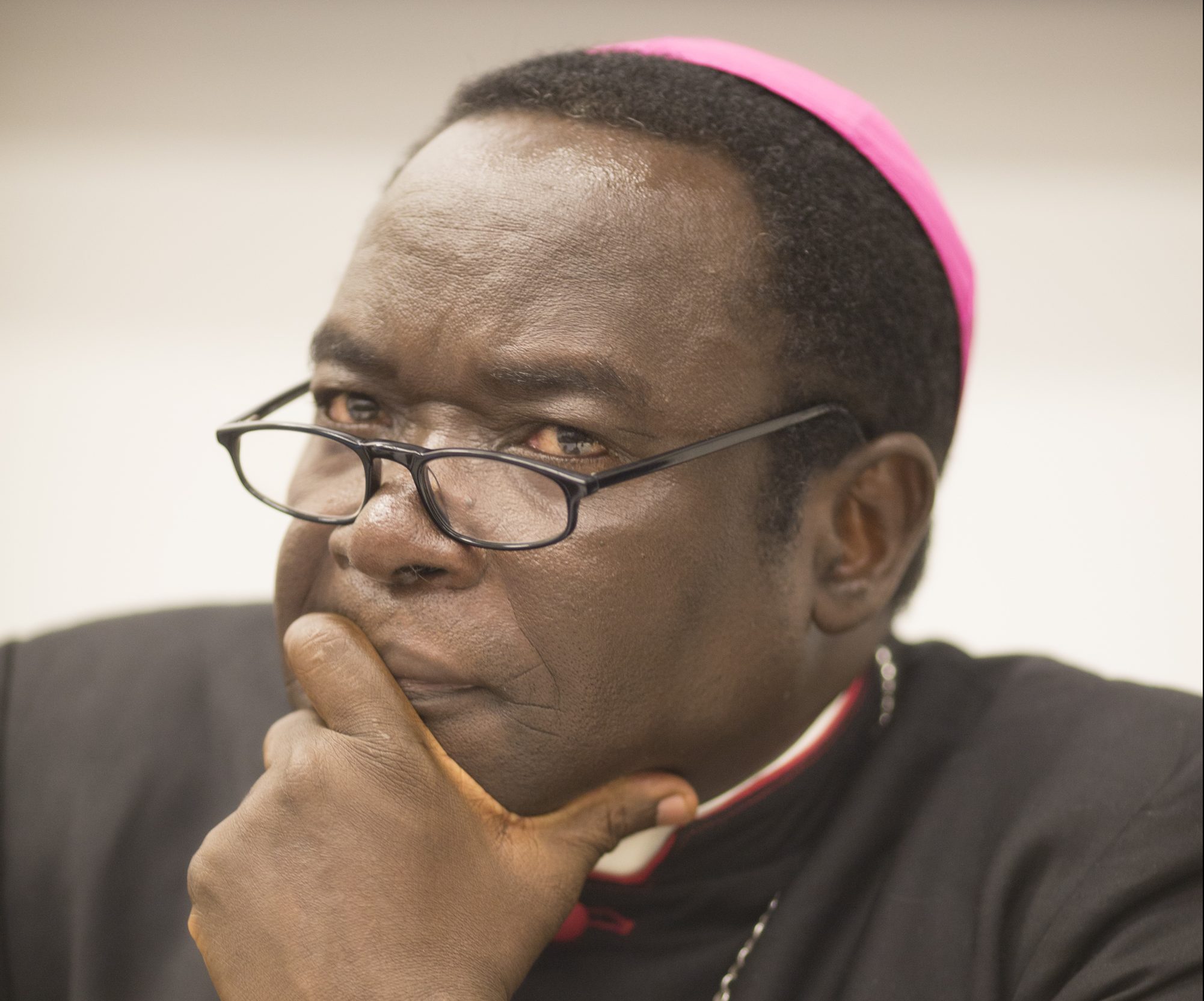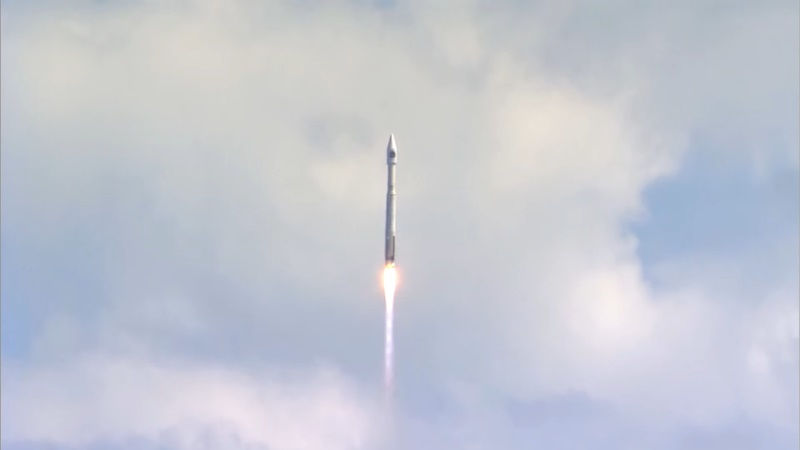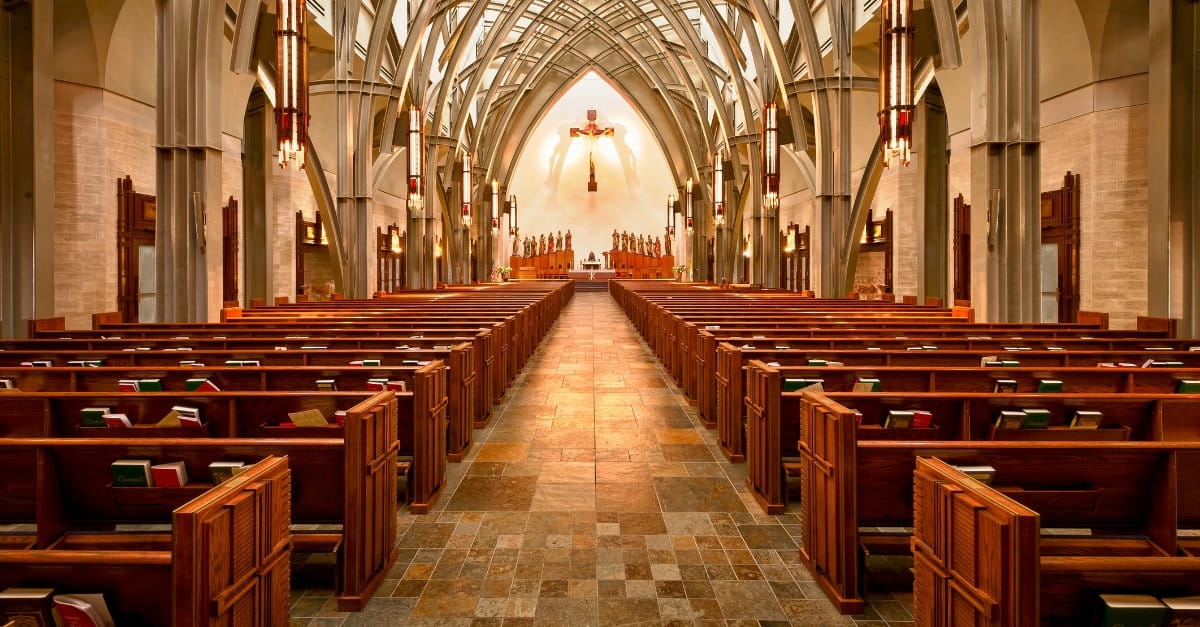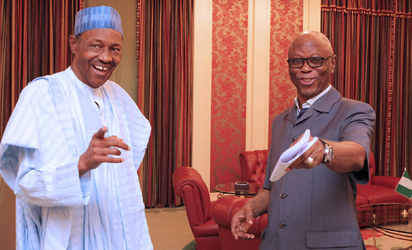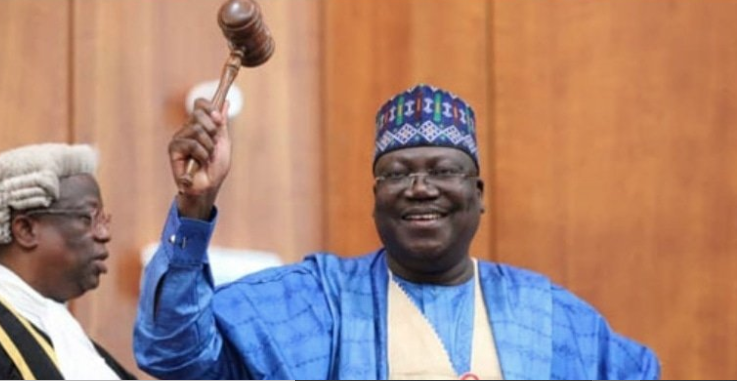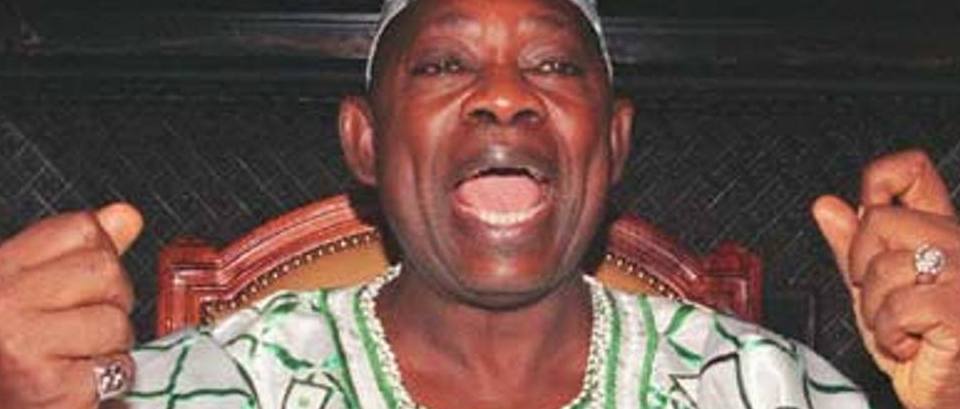Independence Message by Bishop Matthew Hassan KUKAH, Catholic Bishop, Diocese of Sokoto on October 1, 2020
1: I want to first thank God Almighty the Father of all creation and the maker of Heaven and earth. Strange as it may sound, I would like to thank the colonial masters who wove our diverse peoples together and for all the efforts that they put into ensuring that we had everything a people had to launch itself into a modern state. It is a time to thank those brave and selfless missionaries who laid the foundation for our modern civilisation by providing us with high quality education.We must appreciate the context of colonialism and the fact that its driving philosophy was the exploitation of our resources and we must concede that they laid the solid foundation for extracting our resources for the development of their own country. Their interests were buried in the womb of the country they created. Today, we have destroyed the institutions they created and distorted their vision for our development.
2: On October 1, 1960 when we became independent, our joy clearly knew no end. It was my first year in primary school.We all turned out as neat as we could afford to be to hear our Head Master talk about the terrible white men who had come and stolen our lands. I didn’t understand this because I never saw anyone stop my father from going to farm. We played around freely in the village and so, I thought to myself, which land did white people take? I had seen only two white men in my life then. Both of them Priests and even though I did not know fully what a Priest was, they were good men and came from a very far country.
3: They had built a Church and school for our village and that was the first building I saw that was not thatched. It was impossible for me to understand how any white man could be wicked or even steal our land. The teacher talked about a new song which we were to sing in praise of our new country even though I did not see anything that was new. I had no idea what was being said in the song but we all tried to murmur something in excitement. The greatest treasure was the little flags and cups that were distributed to us. Holding to my first cup in my life and waving a little flag seemed like a great contradiction to the Head Master’s portrayal of the white thief.
4: We soon learnt the name of our new Prime Minister, Sir Abubakar Tafawa Balewa the man who came to be known as the golden voice of Africa. In his speech on October 1, 1960, the Prime Minister announced that;our new day had arrived and promised to dedicate his life for the service of the country. He noted that our country had emerged without bitterness and bloodshed and that; building of our nation proceeded at the wisest pace: it has been thorough, and Nigeria now stands well-built upon firm foundations.
5: Barely six years later, we murdered him. He became a symbol of the blood sacrifice that has now drenched our country in a sea of blood arising from a civil war and endless circles of communal bloodletting which have now become part and parcel of our governance structure. Successive leaders have not come to terms with how to end this culture of death. Today, our country is littered with the very sharp pieces of broken promises. Yesterday’s dreams have become our worst nightmares. As we look back today, watching our country drift in a wide sea of uncertainty, we ask, from where our help come? (Ps 121: 1). After sixty years, bloodletting has become embedded in our culture of existence. So, how do we celebrate?
6: There is enough blame to go around. We can blame the British, blame the politicians, blame the military but none of these changes anything. It is the fate of nations to go through the furnace and crucible of suffering. Under the banner of religion, Europe fought the 30 years war (1618-1648), the world lost millions of men and women in two wars propelled by human greed (1914-1918, 1939-1945). Fleeing from the Kuomintang army, Mao led his people on the famous long march stretching thousands of miles (1934-1935). Mr. Mandela’s Long Walk to Freedom is a metaphor for the struggles against white domination. Journeys to greatness require more than just good people, more than just good will, more than just hope. Those journeys have to be led by men and women with vision and tested character prepared to mobilise their people towards the attainment of a goal.
7: It is easy to say that we have been one unlucky country. The evidence is glaring. One of our Presidents marveled at how a country that had taken so much beating was still standing. In spite of huge resources after 60 years, we cannot feed our people, we cannot keep our people safe, we are still in darkness, we cannot communicate with one another by roads or railways. What we inherited, we have either stolen, broken or thrown away. The nation is a wasteland littered with white elephant projects, conceived and abandoned but all paid for. In Nigeria, governance is a criminal enterprise, not a call to service.
8: No nation has ever taken a short cut to success, not because we have not tried, but because no such road exists. The military, perhaps even worse than the colonial state destroyed the very foundations of our Democracy, Bureaucracy and public service by introducing a culture of arbitrariness and violence as a means to power. A combination of these laid the foundation for corruption as the worst manifestation of a culture of total lack of accountability. To be sure, when General Abdusalami A. Abubakar broke with the military tradition of clutching to power in 1999, he laid a foundation for the return to Democracy and a retreat of the military. We thank God that after over 20 years, we have conducted five back to back elections even in the most controversial of circumstances. After 16 years of being ruled by one political party, the nation decided it was fed up with arrogance and blatant thieving and looting that had become the political culture. Its citizens made a radical and unprecedented turn.
9: In 2014, the unexpected happened: a sitting President conceded defeat against the run of play and even well before the tally of all the votes had come in. The nation, well across ethnic, religions, regional and class lines believed it had turned the corner. The new President had campaigned on a rich menu of promises, ending corruption, ending Boko Haram, ending poverty, uniting the country among others. He ushered in his administration by promising to uphold the Constitution and said he would “belong to everyone and to no one”. We all looked up in hope to a man who had campaigned on the key philosophy of Integrity and Character.
10: Today, the tide has turned. The President has turned his back on almost all the key promises he made to the people of Nigeria during his campaign. Our country now looks like a boiling pot that everyone wants to escape from. Nepotism has become the new ideology of this government. In following this ideology, it is estimated that the President has handed over 85% of the key positions to northern Muslims and has ensured that men of his faith hold tight to the reins of power in the most critical areas of our national life; the National Assembly and the Security Agencies!
11: In chapter 2 of our Constitution, under Fundamental Objectives and Directive Principles of State Policy, the Constitution states very clearly and unambiguously in Section 13 that: “It shall be the duty and responsibility of all organs of government, and of all authorities and persons, exercising legislative, executive or judicial powers, to conform to, observe and apply the provisions of this Chapter of this Constitution.”
Section 14(1) states very clearly that: “The Federal Republic of Nigeria shall be a State based on the principles of democracy and social justice.” Article (b) follows by stating that: “the security and welfare of the people shall be the primary purpose of government”, and subsection 3, states that: “The composition of the Government of the Federation or any of its agencies and the conduct of its affairs shall be carried out in such a manner as to reflect the federal character of Nigeria and the need to promote national unity, and also to command national loyalty, thereby ensuring that there shall be no predominance of persons from a few States or from a few ethnic or other sectional groups in that Government or in any of its agencies.”
12: By adopting Nepotism as a primary ideology, clearly unable to secure our country and people, President Muhammadu Buhari is in flagrant violation of the Constitution which he swore to uphold. Today, our sense of national unity is severely under threat and test. Our common citizenship has been fractured and diminished. The principles of equity, fairness and egalitarianism on which our Constitution hangs have been assaulted and diminished.
13: Nigerian citizens feel collectively violated. There is clearly a conflict in narratives and understanding between the principles and ideologies contained in the Manifesto of the Party on which he campaigned and the brutal realities of today. It would seem that it was in anticipation of this dissonance that the President built such a firewall of protection around himself by the partisan selection of Security Chiefs based on religious and ethnic affiliation. It could be the reason for the adoption of the same principles in the National Assembly today. The President has been quite diligent and focused in the pursuit of an Agenda that is clearly alien to the aspirations and hopes of our people across religious lines. Nigeria was nothing like this before he came. How long will this lie last before it melts in our faces? We are living a lie and we know it.
14: The motto of our dear nation reads: Unity and Faith, Peace and Progress. Today, where is Nigeria’s Unity? Today, who has Faith in Nigeria? Today, where is the Peace? Today, where is the Progress? The whole world stood with Nigeria sixty years ago expecting us to lead Africa and beyond. TIME Magazine on December 5th, 1960 made our Prime Minister its Man of Year. No black person had been conferred with this honour. Where are we today with that trust?
15: At the end of his speech 60 years ago, our beloved Prime Minister thanked the missionaries for the great work they had done in Nigeria. We as a Church are still on out duty post, following the legacy of those who have gone before us. The Catholic Bishops spent the last forty days praying every day for an end to the killings. As we celebrate our independence today, I call on the President to please urgently make a turn and heed the voices of Nigeria’s friends and the rest of the world.
16: We all face a dilemma: it is our national day but how can we sing a song when our country has become a Babylon? Where are the Chibok daughters? Where is Leah Sharibu? Who are the sponsored murderers who have overrun our land? Our land is now a pool of blood. Mr. President, please reset the clock before it is too late. I pray for you that God will touch your heart so that you embrace the ideals of those who came before you. This is not the Nigeria they dreamt of. This is not the Nigeria you went to war for. With hope in God, but sorrow in my heart, I say to Nigerians, let us stand together. Let us renew our faith. Our salvation is nearer now than when we first believed (Rom. 13:11). God bless our beloved fatherland.
